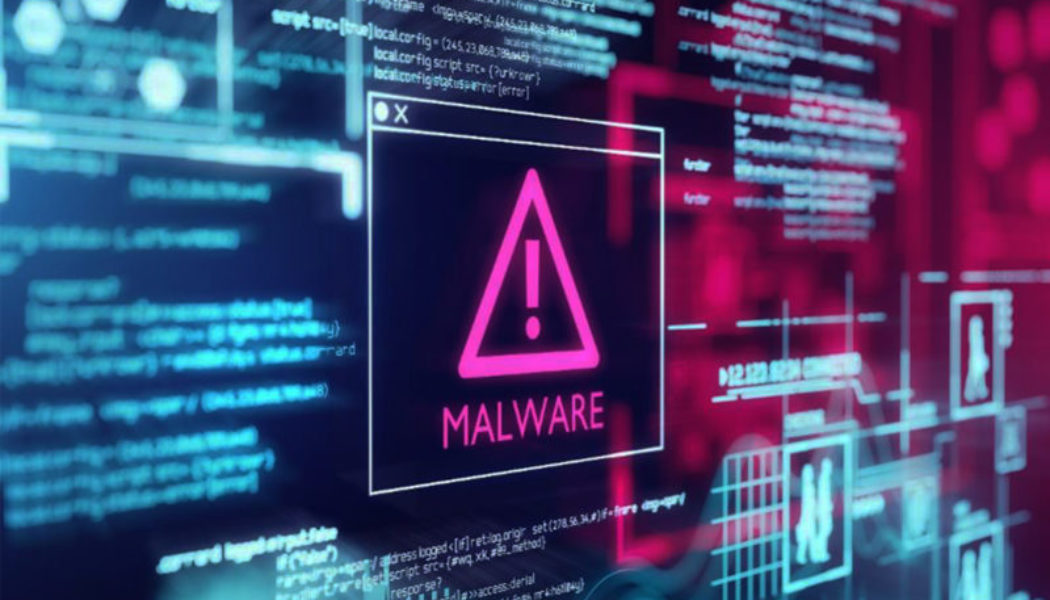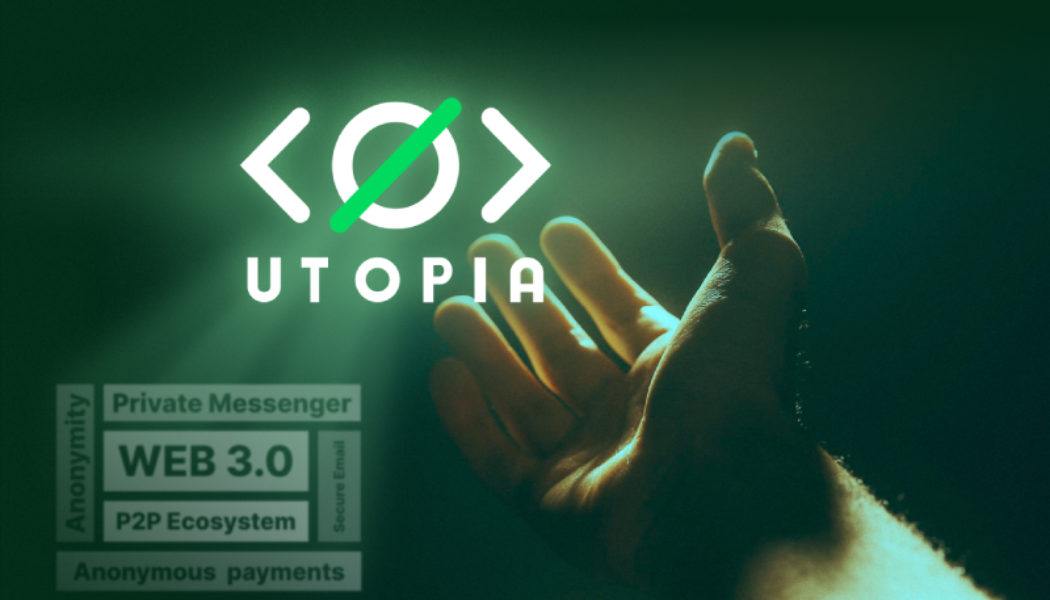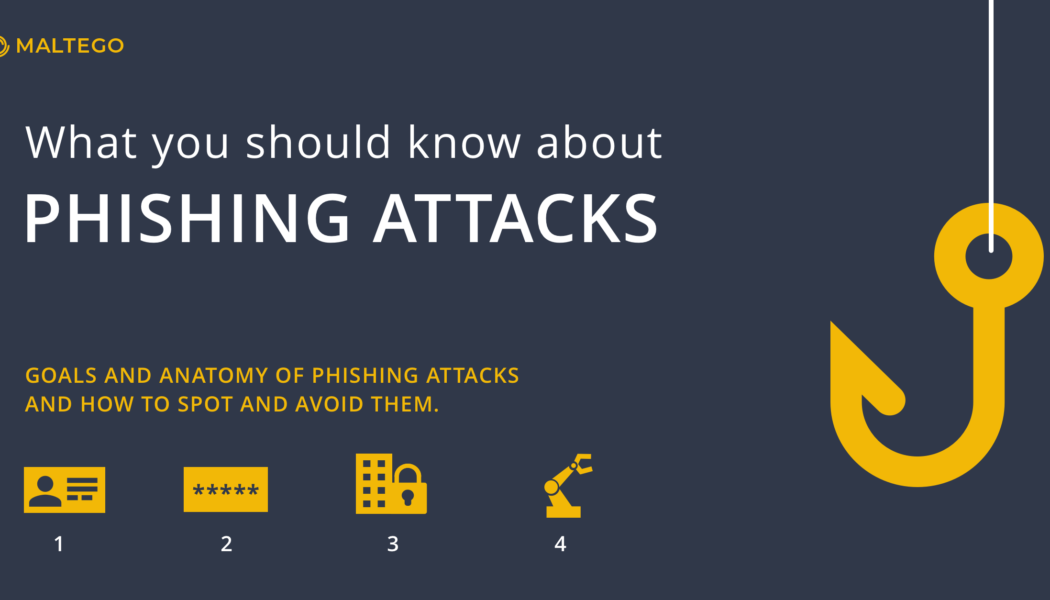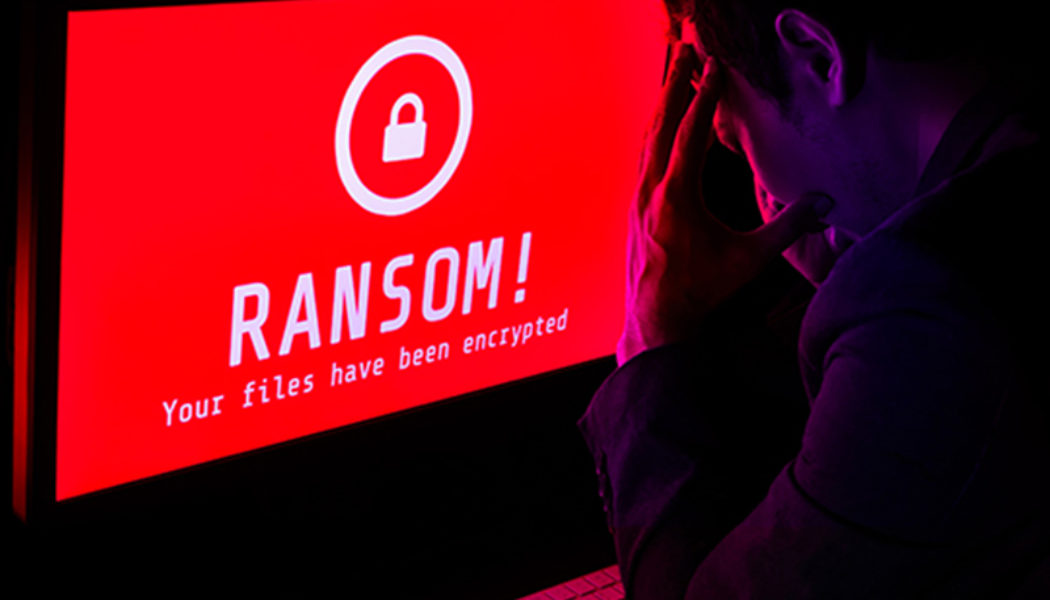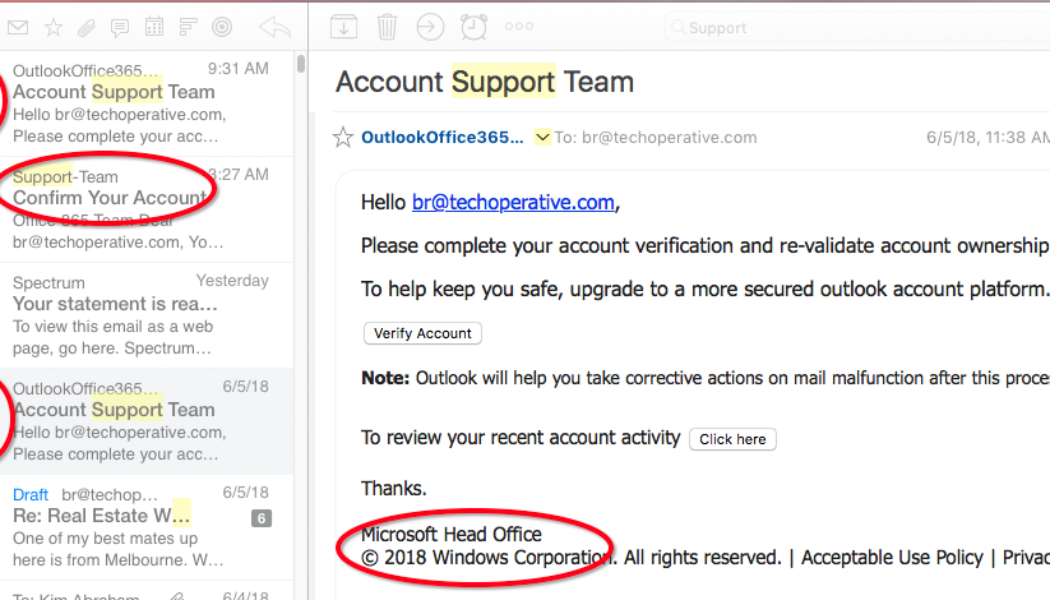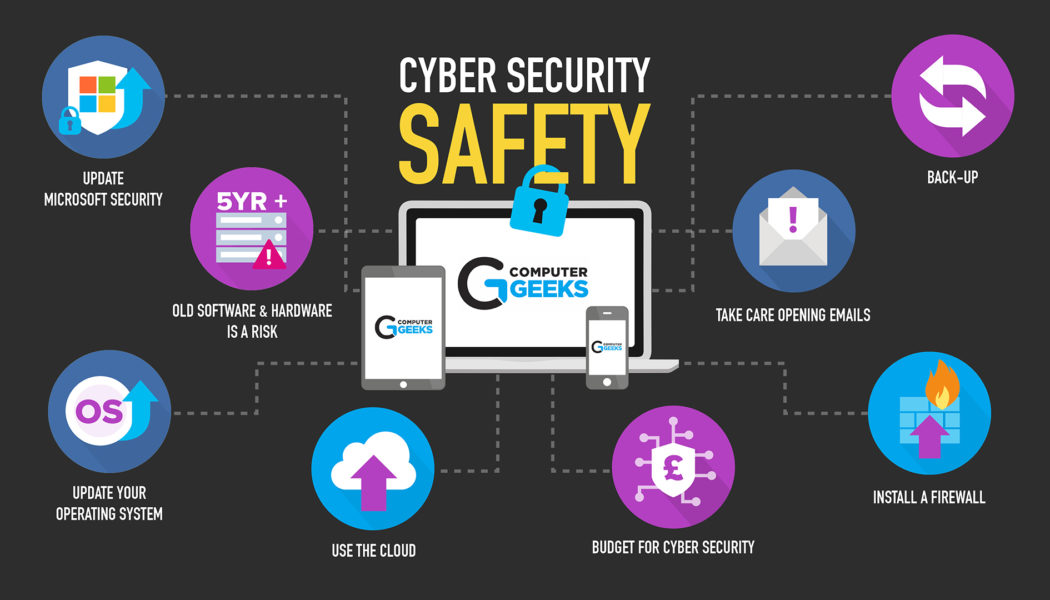cyberattacks
How a Data Breach Can Impact a Business Even Years After
Image sourced from Forbes. Modern enterprises face an onslaught of cyberattacks from many quarters and must not only be prepared to contend with the direct costs of potential breaches but also with spiralling indirect costs, such as compliance fines and reputational damage. As the threat landscape continues to evolve, so do the frequency and sophistication of attacks, with companies facing anything from denial of service attacks and phishing attempts to payment card skimming, identity theft, and account takeover threats. At the same time, ransomware attacks have gained prominence over the last few years, forcing companies to continually test their data protection plans to understand the risks associated with having sensitive data released to the public. In its State of Ransomware 2021 repo...
How Robots Can Take Up the Cybersecurity Fight
We use cookies on our website to give you the most relevant experience by remembering your preferences and repeat visits. By clicking “Accept All”, you consent to the use of ALL the cookies. However, you may visit “Cookie Settings” to provide a controlled consent.
Utopia Against Censorship: Rescue Pill for Freedom Seekers
We use cookies on our website to give you the most relevant experience by remembering your preferences and repeat visits. By clicking “Accept All”, you consent to the use of ALL the cookies. However, you may visit “Cookie Settings” to provide a controlled consent.
Ransomware: The Threat that Lies in Wait
There can be no doubt that ransomware attacks are on the rise across the globe. A simple online search will reveal thousands of statistics in this regard, and South Africa is no exception. What is also clear from numerous examples of successful breaches, is the potentially devastating effect of a ransomware attack, which can cripple a business and shut down essential services for extended periods, not to mention cost a fortune to recover from. They are, in fact, legitimate business disasters, and need to be considered as such when it comes to disaster recovery and business continuity planning. Under Siege There is no shortage of high-profile examples of ransomware attacks in South Africa over the past two years, from Johannesburg City Power to the Life Healthcare hospital group, Transnet P...
How to Be Safe From the “Reset Password” Email Scam
Image sourced form Broad Media Most online services have built-in security systems that alert employees when the systems detect “unusual” activity on their accounts. For example, legitimate email services or similar will send notifications about attempts to reset the phone number and e-mail address linked to the account, or the password. Of course, as soon as such messages became commonplace, enterprising cybercriminals tried to imitate this mechanism to attack corporate users. As cyberattacks rely on the human factor more often each year, and as cybersecurity technologies progress, such tricks are becoming more and more common and are being registered in multiple mailouts around the world. The scenario is usually as follows: if it’s a public online service attacker it will usually make ev...
Italy Investigates Russia’s Kaspersky for Allegedly Launching Cyberattacks
Sourced from Hypertext On Friday, Italy’s data watchdog said it is investigating Kaspersky, a Russian multinational cybersecurity company, for launching cyberattacks. According to The Guardian, the agency says it followed “alarms sounded by many Italian and European organisations specialised in computer security” over the potential use of Kaspersky software for hacking assaults in the wake of Russia’s invasion of Ukraine. The agency reportedly asked the company to provide details on the number and profiles of Italian users and whether their data was being transferred to Russia or elsewhere. Reuters reported that Germany’s British Standards Institution (BSI) also warned users of the antivirus software, saying the company could be coerced by Russian government agents to hack IT systems abroa...
How to Prevent Further CyberAttacks on Businesses & Government Departments
Image sourced from Finance Times. The recent ransomware attacks on the Department of Justice and Constitutional Development (DoJ) and the South African National Space Agency (Sansa) is a testament to the sophistication and aggressiveness of cybercrime in South Africa. In response to these attacks, organisations need to devise a preventative plan of action. “With South Africa having the third-highest number of cybercrime victims worldwide, and the biggest threat being ransomware, businesses are prone to being victims of ransomware traps unknowingly. In such cases, cyber-criminals pose as credible agencies with the intent of luring organisations to their demise,” says Maeson Maherry, CEO and co-founder of LAWtrust. What are Ransomware Attacks? Ransomware attacks are cyberattacks where a cybe...
- 1
- 2
